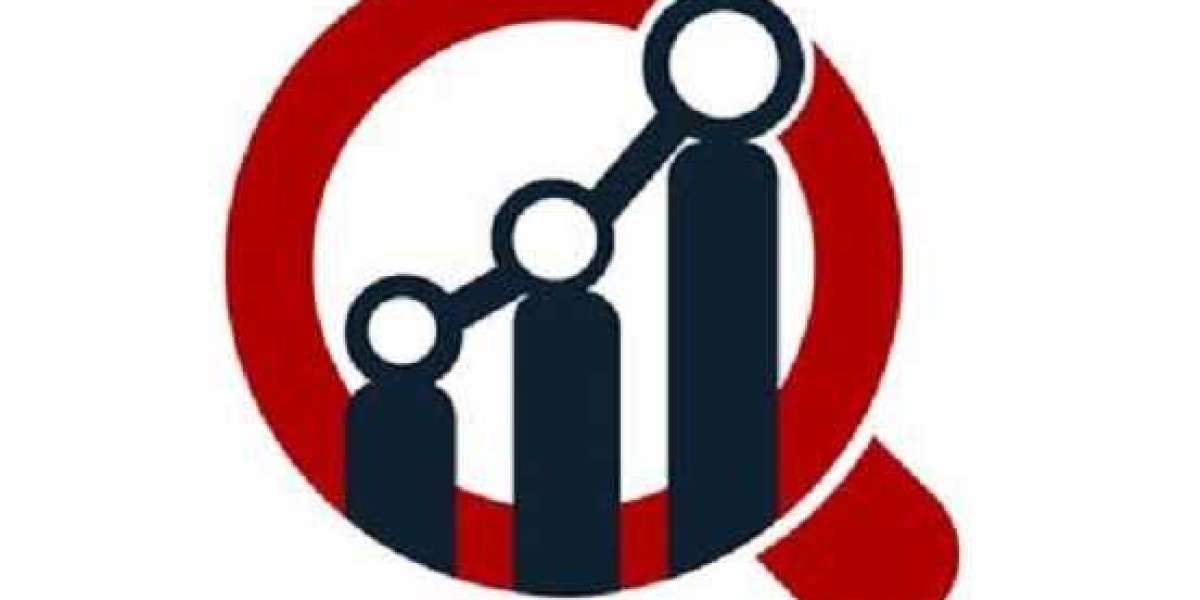Customer relationship management solutions are essential for businesses today. Managing key customer information and interactions in one centralized platform allows companies to gain insights, personalize service, and coordinate sales and marketing efforts.
However, many organizations struggle to realize the full potential of their CRM software solution. Implementing a new system requires significant time and resources. And even once deployed, there are common pitfalls that can limit the value CRMs provide or even cause adoption issues.
This guide will explore the most common CRM mistakes businesses make, as well as how to avoid or recover from them. With the right strategy and execution, your CRM platform can become an invaluable asset for understanding customers, streamlining operations, and enabling sales and marketing teams to work collaboratively towards shared goals.
No Clear Goals or Strategy
Implementing a CRM without clear goals and a strategy tied to business objectives is a common mistake that sabotages success. The CRM should align tightly with your growth, customer experience, and revenue goals. Before purchasing and deploying a new CRM solution in the UAE, companies should:
- Map out their overall business goals and how the CRM will support achieving those goals. What key metrics are you trying to improve?
- Develop a CRM strategy and roadmap focused on driving adoption and ROI. Outline how the CRM will be rolled out in phases based on priority functions.
- Get buy-in from stakeholders on the CRM vision and how it will benefit each department. Ensure executive sponsorship.
- Carefully evaluate leading CRM solution providers and CRM platforms to find the best fit for your goals and workflows. Prioritize must-have features.
- Plan for change management, training, and content migration to smoothly transition to the new CRM.
- Set targets for CRM adoption and track progress through metrics like utilization rates. Course correct quickly if adoption lags.
With a strategic approach, your CRM software solution can become a true catalyst for achieving critical business goals and growth targets. The key is tying CRM decisions directly to core objectives from the start.
Poor Data Quality
Data is the lifeblood of any custom CRM solution. If that data is incomplete, inaccurate, or out-of-date, it undermines the entire CRM program. Here are some common data quality issues to watch out for:
- Duplicate or fragmented customer records make it hard to get a single view of the customer. This leads to miscommunications and frustrates customers.
- Bad data entry practices by sales and support teams. Typos, abbreviations, and inconsistencies creep in without strong data governance.
- Integration errors during data migration or when syncing data between systems. Data gets corrupted or lost in translation.
- Information decays over time. Details like addresses, contact info, and purchase history become outdated.
To maintain CRM data quality:
- Institute data governance with cross-functional involvement. Create standards for data entry, integration, and hygiene.
- Automate error checking for duplicate records, invalid formats, and missing fields. Data quality tools can flag issues.
- Build in prompts, picklists, and validation to guide users during data entry. Don't allow bad data in.
- Keep customer data current by requesting updates during interactions. Make it easy to submit changes.
Clean CRM data pays off through more productive sales and service teams, better insights, and higher customer satisfaction. It's well worth the investment.
Ignoring Adoption Issues
A common mistake when implementing a new CRM software solution is failing to get employees to actually use the system. Without proper adoption from salespeople, support reps, and other staff, the CRM will fail to deliver on its potential value. Here's how to avoid the adoption pitfalls:
Training and Change Management
Don't just throw a new CRM at employees without preparation. Schedule formal training sessions with CRM business consultants like Prism CRM solutions, to teach employees how to use key features. Make training engaging with interactive walkthroughs and quizzes. Clearly communicate how the CRM benefits employees by centralizing data and streamlining workflows.
Getting Employee Buy-in
Employees will be more motivated to adopt a CRM if they understand the benefits. Explain how it will make their job responsibilities easier in concrete terms. Involve staff in planning and decision-making to get buy-in. Have team leaders demonstrate excitement and support. Consider creating a CRM adoption contest to encourage usage.
With the right strategies, you can maximize CRM adoption across your organization. Getting staff on board will ensure you fully leverage your investment for game-changing impact.
Integrations Falling Short
One common mistake companies make is not fully leveraging integrations between their CRM and other critical business systems. While most CRM software solutions today provide some integration capabilities out of the box, truly connecting systems in a meaningful way involves more thoughtful planning and implementation.
The value of connecting your CRM to other systems like your website, email marketing platform, ERP system, and so on is huge. When systems can share data, you gain complete visibility into the entire customer journey. Sales reps have instant access to customer information. Marketing knows who its best leads are. Support can see every past interaction. This eliminates silos, makes collaboration easy, and ultimately provides a better customer experience.
While basic integrations may sync contacts or transfer leads, more advanced options are worth exploring. Deeply integrating your CRM into backend ERP and financial systems gives you insights into customer profitability and helps connect front-office sales/marketing initiatives to back-office operations.
The key is to evaluate your business needs, then architect integrations that deliver the most value. Don't settle for simple out-of-the-box integrations that merely scratch the surface. To achieve a truly tailored and impactful CRM implementation, seek the best CRM implementation services in Dubai, and that's where Prism CRM Solutions excels. As a Zoho authorized partner, they boast a team of expert Zoho CRM consultants who can help your business thrive in the digital era.
Prism CRM Solutions goes beyond the conventional approach, offering comprehensive consulting services that align Zoho CRM with your unique business processes. Their consultants have in-depth knowledge of the intricacies of Zoho CRM and can design custom integrations that streamline workflows, enhance collaboration, and maximize the system's potential.
By choosing Prism CRM Solutions for your CRM implementation in Dubai, you're not just investing in software — you're investing in a strategic partnership. This personalized approach results in a Zoho CRM implementation that not only meets but exceeds your expectations.
Conclusion
As we've covered, there are many common CRM mistakes companies make that hinder their success. The good news is these common CRM mistakes can be avoided with careful planning, leadership commitment, change management, and the right implementation partners like Prism CRM Solutions.
Now is an ideal time to step back and evaluate your current CRM solution in Dubai. Consider where there are gaps or shortcomings. Brainstorm how to course correct based on the guidance provided. Your CRM system is meant to be a strategic asset for your business - make sure you are setting it up for success.








